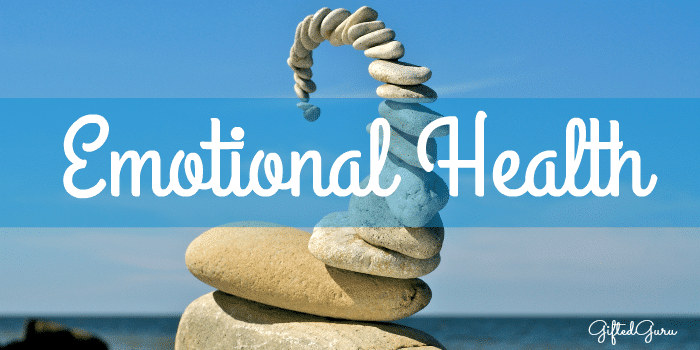
Are you looking for ways to decrease stress and improve your emotional health? We often try to reduce our stress by making our problems go away, but that rarely works because life always manages to hand us new problems. A better plan is to find ways to take care of ourselves, especially our bodies, so that stress doesn’t turn into depression or anxiety. In addition, optimum emotional health will help you function better physically and cognitively. It’s more difficult than just telling yourself to relax, but there are things you can do, simple things, that will enable you to face virtually any situation feeling less stress and more inner peace than you ever thought possible.
 This page, created and maintained by Patti Bear, a Licensed Professional Counselor in Eugene, Oregon, shares specific strategies and resources for managing stress in your life so that it doesn’t manage you. New resources will be added frequently, so check back soon or subscribe.
This page, created and maintained by Patti Bear, a Licensed Professional Counselor in Eugene, Oregon, shares specific strategies and resources for managing stress in your life so that it doesn’t manage you. New resources will be added frequently, so check back soon or subscribe.
Stress Management Strategies
The most basic basics
Eat well, exercise, and get enough sleep. Seriously, if everyone did these things I would be out of a job. If any of these are particularly challenging for you, enlist the help of a doctor, counselor, or other professional.
Learn to engage your parasympathetic nervous system
This reduces blood pressure and pulse rate, increases oxygen flow, and calms the nervous system. The quickest way to engage this system is to EXHALE. Really. Do it slowly. You’ll automatically inhale and then you can exhale again. If you really want to get your parasympathetic nervous system going, try listening to guided imagery. This is really helpful when you feel a need to relax or calm down. Meditating or listening daily will boost your body’s natural relaxation response.
Here are some guided meditations I recorded to help you relax and to increase your mental flexibility and creativity:
Some other websites with free guided imagery/meditation are:
Use your five senses to self-soothe
Think about things you like to look at, listen to, touch, smell, and taste, then take a few moments to focus on one of them. Smart phones are great devices for carrying pictures and music that we like. Spending a few minutes enjoying a favorite beverage can really be relaxing. Petting your dog or cat, or running your hand over a favorite blanket or article of clothing is also soothing. Consider carrying a small self-soothing kit with you for when you’re not home: A small bottle of your favorite lotion (smell & touch), a pack of gum or mints (taste), your favorite music and photos on your electronic device (sight and sound). Be creative.
Connect with others
Humans are designed for connection, and being with other people is usually calming. Call a friend, volunteer, or hug your child. Make sure you are spending enough time with people you feel close to. The amount of human contact you need is individual to you, so pay attention to who makes you feel good and how much time you need with others. For further reading on increasing your connections, see Friendship 101, by Lisa & Patti, published in the February 2013 Mensa Bulletin.
Distract yourself for a little while
Find an activity that changes your thoughts or feelings. Some wacky ideas: stand in the store and read greeting cards, do a Fibonacci series in your head, name all 50 states in alphabetical order, learn to knit, look up jokes on the internet and find someone to share them with, dance, squeeze ice cubes in your hands, learn to Zentangle®. This list could go on and on…so if you need more ideas, download the LONG List of Things to Do.
Use your body to change your emotions
We all know that when we feel happy we smile, but did you know that when you smile you feel happy? Holding a pen between your teeth will imitate the smile muscles, and research has shown that this helps us think better and feel more confident. So pick the emotion you want to have, and then put your body in the position of that emotion. Hold it for a few minutes and notice how your feelings change. If you’re interested in the science behind how this works, watch this great TED talk by Amy Cuddy.
